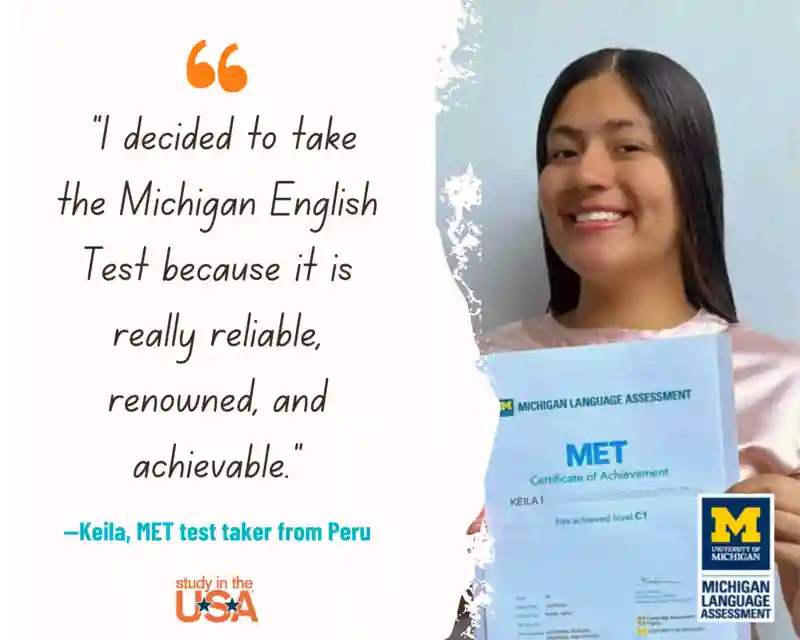How to be Competitive for Undergraduate Scholarships

According the IIE Open Doors Report (2015), only 8 percent of international undergraduate students relied on U.S. university scholarships as their primary source of funding last year, meaning that the university covered most or all of their tuition and living costs.
However, many other international undergraduates received smaller merit-based scholarships to cover a portion of their costs. These students come from around the world and bring diverse cultural perspectives to university campuses.
However, these students do share some common characteristics that make them more competitive for both admissions and scholarship programs.
Grades and Test Scores
Most universities will look at your high school grades and ACT or SAT scores as a way to predict how well you will perform in college. Even when the ACT or SAT is optional for admission, one of these tests will usually be required for scholarship consideration. It is common practice among U.S colleges to quantify grades and test scores in order to shortlist merit-based scholarship candidates. Keeping your GPA in the top 25% of your high school class and achieving competitive standardized test scores can make the difference when it comes to scholarships.
High School Curriculum
The most selective scholarship programs will also look at your grades and test scores in the context of how challenged you were in high school. A student with strong grades and test scores, for example, may not be as attractive to a scholarship committee as another student who participated in more challenging coursework and activities during high school. Advanced coursework and extracurricular activities can provide more compelling evidence that you are ready for the challenges of college life beyond the regular high school curriculum.
Recommendation Letters
Scholarship committees will typically refer to your counselor and teacher recommendation letters to learn more about you and verify that information in your application is accurate. Be sure to choose counselors and teachers that know you best when asking for these letters. A good recommendation letter will address your unique qualities, emphasize any challenges you may have faced, and explain how you overcame failures. In addition, your counselor or teacher should reference any achievements you may have mentioned in your application.
Personal Statements and Interviews
Selective admissions and scholarship programs will want to make sure that you are a ‘good match’ with the campus environment. The personal statement is your chance to explain your background, interests, and future goals as they relate to the academic environment and mission of the institution. Research the college or university that you are applying to, and then practice writing about yourself in relation to what you learned about the campus. You may also need to interview with a scholarship committee over the phone. Practice communicating your personal statement in an interview format. Common personal statement and interview questions include:
- Describe a person you admire.
- What makes you successful?
- How do you deal with failure?
- How will this university help you achieve your future goals?
Early Application and Interest
Waiting until the final application deadline, or applying late, will not help you win scholarships. Colleges and universities often give scholarship preference to early applicants because these students appear to be the most interested and likely to enroll. Students who reach out to staff and faculty early in the process can also gain advantages. Scholarship committees may even record the timeliness and quality of these interactions for future reference and consideration. Take advantage of Early Action, Early Decision, and other priority deadlines.
Richard O’Rourke
By Richard O’Rourke, Associate Director, The University of Illinois at Chicago
Get matched to the best program for you
Let us know what you're looking for so we can find the best school for you.
Useful Articles
Check Out These Schools




George Mason University
Typical cost per Semester: $35,000—$40,000

Foothill College / De Anza College
Typical cost per Year: $5,000—$10,000

Golden West College
Typical cost per Year: $5,000—$10,000
Start your U.S. adventure with Study in the USA

Learn About U.S. education financing, housing, and more
Resources
Learn about American culture and education direct from our experts at Study in the USA. Read more












